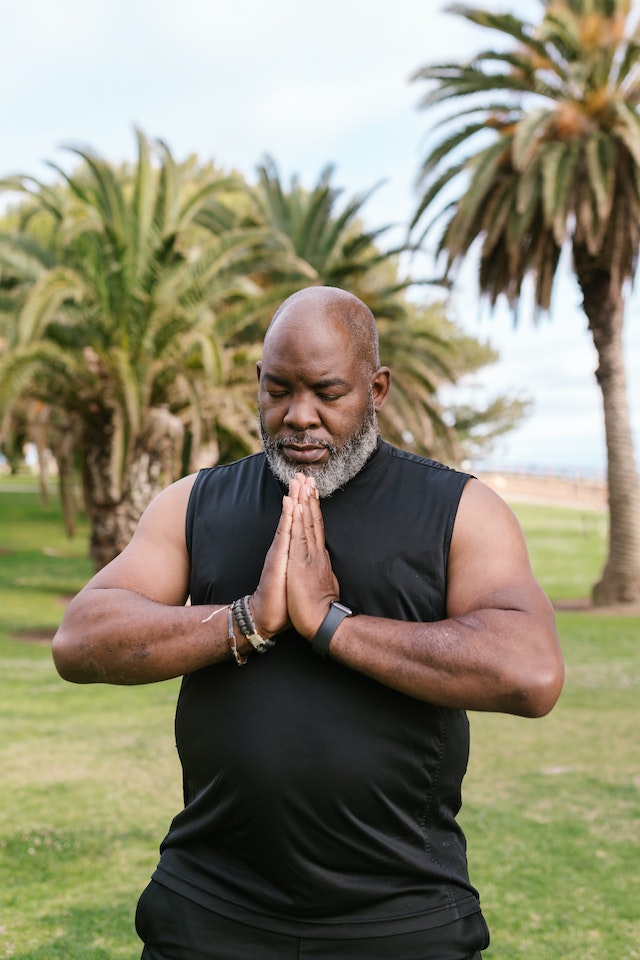Understanding Heart Disease: Beyond the Numbers
A large population across the world experiences heart disease, making it a prevalent health condition. It’s common for us to hear about heart disease in terms of data and research, but let’s not forget that there are actual individuals and their families dealing with its personal impact. Beyond the numbers and data lies a profound journey of emotional, physical, and social challenges that individuals with heart disease face every day.
Coronary artery disease, heart failure, and arrhythmias are all examples of heart diseases. All forms of heart disease show different signs and complications. Grasping the specific effects that various heart diseases have on the body is essential for understanding the difficulties individuals encounter.
Emotional Toll: Navigating the Psychological Impact
Heart disease can affect both the body and emotions of individuals. Hearing the news that you have heart disease can be really overwhelming and bring up feelings of fear, anxiety, and sadness. Dealing with not knowing what will happen and how life might change can make people feel more stressed and upset.
People with heart disease might feel different emotions like sadness, being mad, and feeling annoyed. It is crucial to address the psychological impact of heart disease and provide support for individuals to navigate these emotions. Heart disease can affect people’s emotions, but talking to a counselor, joining support groups, or going to therapy can help them feel better.

Physical Challenges: Coping with the Symptoms and Limitations
Heart disease often manifests in physical symptoms and limitations that affect daily life. When someone has heart disease, they often feel tired and have difficulty catching their breath. They may also experience chest pain and struggle with doing exercise. The symptoms can stop individuals from doing their daily routines, which makes them rely on others more and affects how much they enjoy life.
Managing the physical obstacles of heart disease demands a variety of approaches. It’s crucial to have good habits for your heart health. This means exercising often, eating well-balanced meals, and taking your medicine correctly. Cardiac rehabilitation programs help people get stronger and feel better through exercise and learning.
Why Building Supportive Relationships is Important for Managing Heart Disease
People should not face heart disease alone. The love and support of your loved ones, buddies, and healthcare workers are really helpful in handling the condition. Having social connections is helpful when facing challenges because they provide understanding, encouragement, and emotional support.
Discussing heart disease with your loved ones can promote a supportive space. Loved ones can offer assistance with medication management, lifestyle modifications, and accompanying individuals to medical appointments. In support groups and online communities, those suffering from heart disease can connect with each other, share their personal journeys, and feel a sense of relief knowing that there are others who can relate.
To conclude, heart disease goes beyond numbers and medical matters to have a personal impact. It encompasses a complex web of emotional, physical, and social challenges that individuals with heart disease face. When we grasp the various components of heart disease and give extensive support, we can aid individuals in their path and boost their overall wellness. By joining forces, we can surpass mere statistical data and truly have a positive impact on individuals impacted by heart disease.









